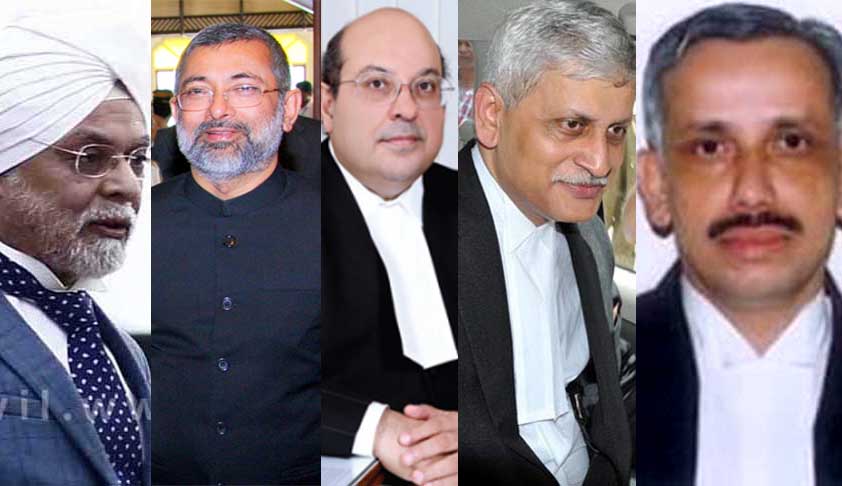Breaking: SC Reserves Judgment On Pleas Against Triple Talaq
LIVELAW NEWS NETWORK
18 May 2017 2:00 PM IST

Next Story
18 May 2017 2:00 PM IST
After six days of continous hearing, the constitution bench of the Supreme Court today reserved its verdict on several petitions which challenged the constitutional validity of triple talaq.On the final day, representing several aggrieved women petitioners and womens rights organisations, advocates Anand Grover, Salman Khurshid, Arif Mohammad Khan and Indira Jaising vociferously demanded...
